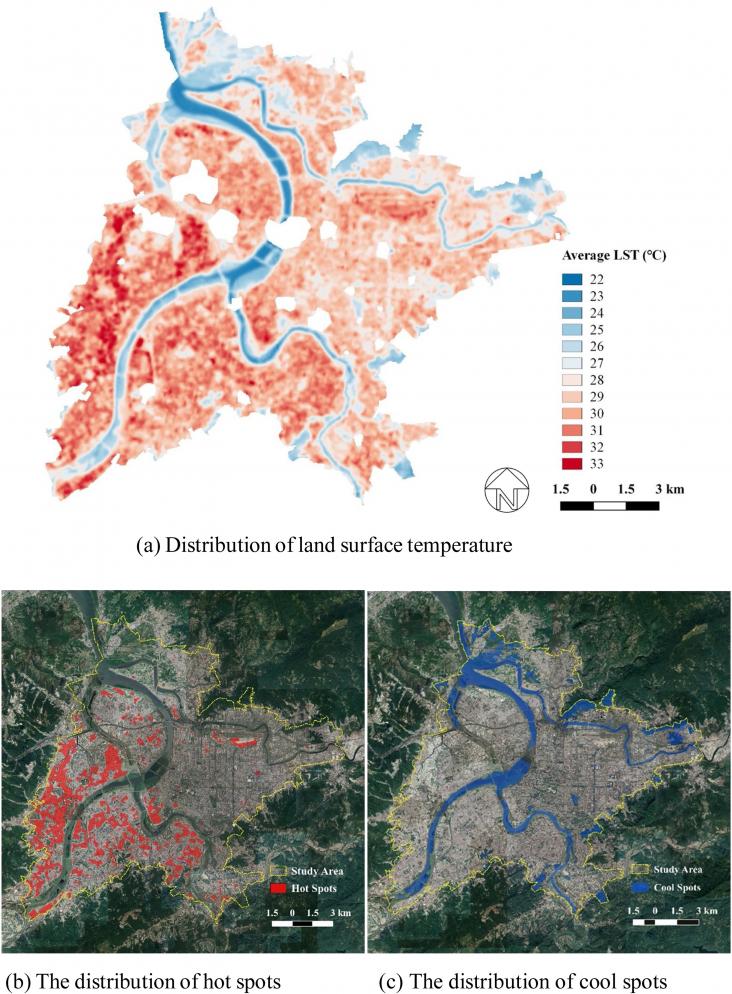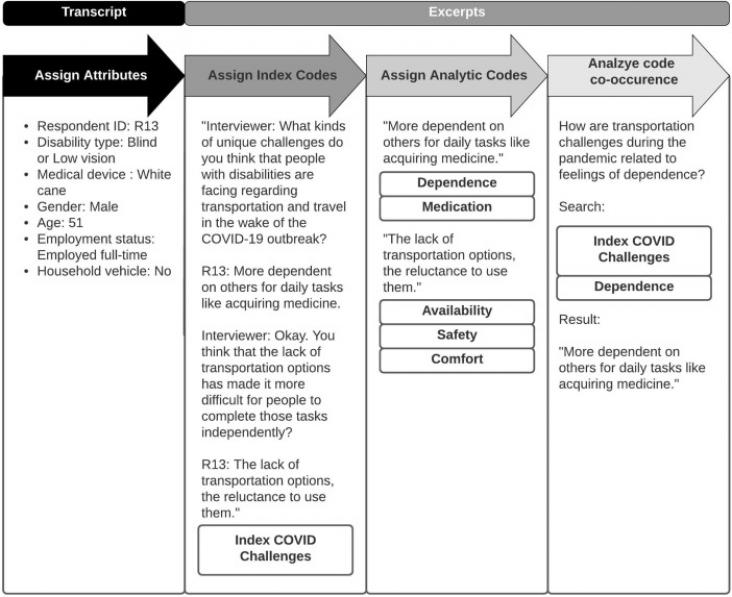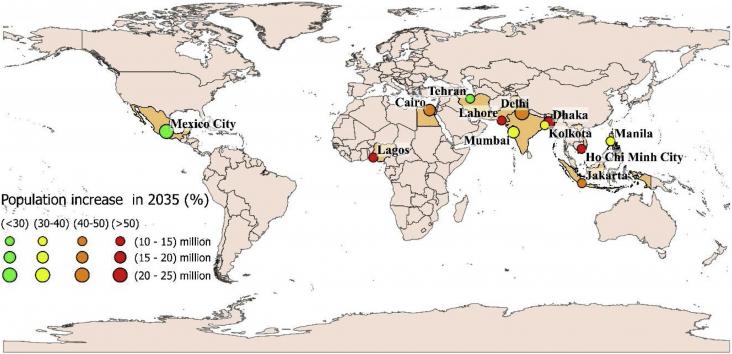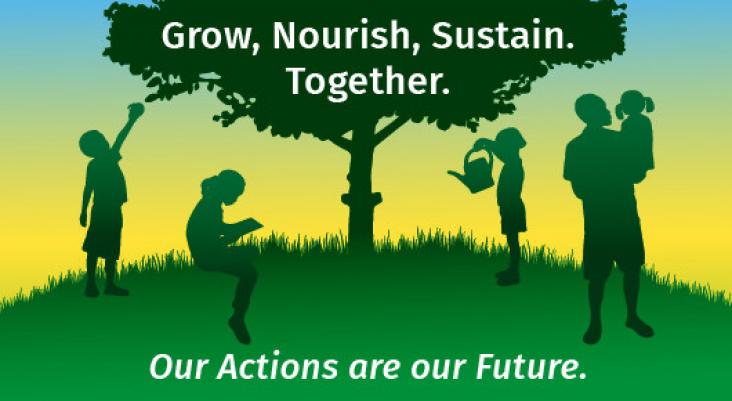Cities are wrestling with the practical challenges of transitioning urban water services to become water sensitive; capable of enhancing liveability, sustainability, resilience and productivity in the

This paper assesses the influence of land development patterns on intra-urban thermal variation in a densely-developed subtropical city, considering joint effect from greenspace pattern and built-up g

People with disabilities may be particularly vulnerable to the direct health effects of the COVID-19 pandemic as well as the wider impacts of the pandemic response.
This book chapter advances SDGs 6, 12 and 11 by analyzing research studies on water remediation within the framework of 12 principles of green chemistry, bibliometric features, and characteristics of related research papers.
This book chapter advances SDGs 15 and 11 by reviewing the anthropogenic activities worldwide that have caused ecological degradation resulting in the need to mitigate damage to essential ecosystem services in rural and urban areas.
This book chapter advances SDGs 15 and 11 by exploring a holistic approach to urban soil restoration which seeks to improve urban soils using integrated socioecological and landscape-scale approaches that embrace diverse outcomes including novel ecosystems and many sociocultural goals.

Urbanisation is increasing in many countries, leading to the establishment of 33 megacities, representing huge water demand which is increasingly difficult to supply, exemplified by the recently av
This chapter addresses SDG 10 and SDG 11 by examining social vulnerability and inequality globally and how that impacts the response to disasters.

Each year, the Food and Agriculture Organization of the United Nations (FAO) celebrates World Food Day on October 16th to commemorate is founding in 1945. World Food Day 2020 is calling for global solidarity to help all populations to recover from the crisis, and to make food systems more resilient and robust so they can withstand increasing volatility and climate shocks, deliver affordable and sustainable healthy diets for all, and decent livelihoods for food system workers. In support of this years theme - 'Grow, Nourish, Sustain. Together' - Elsevier presents a curated, open access collection of 40 journal articles and book chapters focussed on increasing food security and sustainability.
This book chapter advances SDGs 9, 11, and 13 by providing a general introduction to climate change adaptation for transportation systems and a set of guiding principles for the planning and implementation of adaptation programs.
